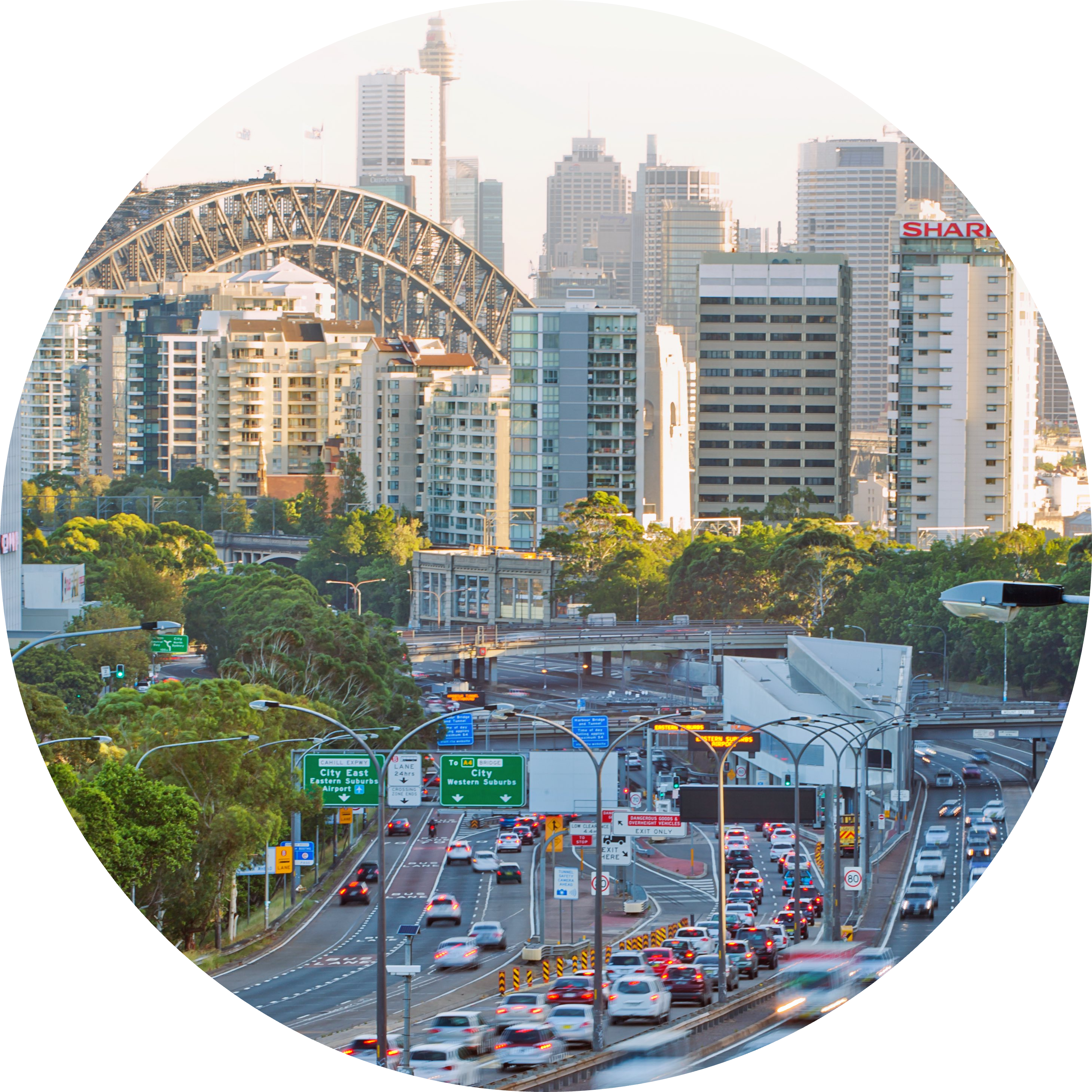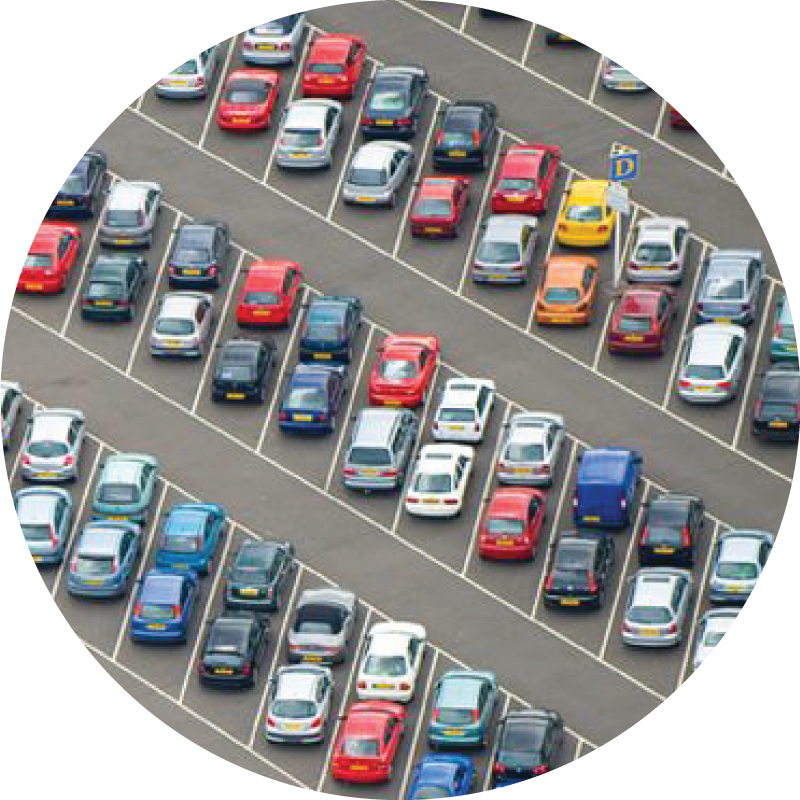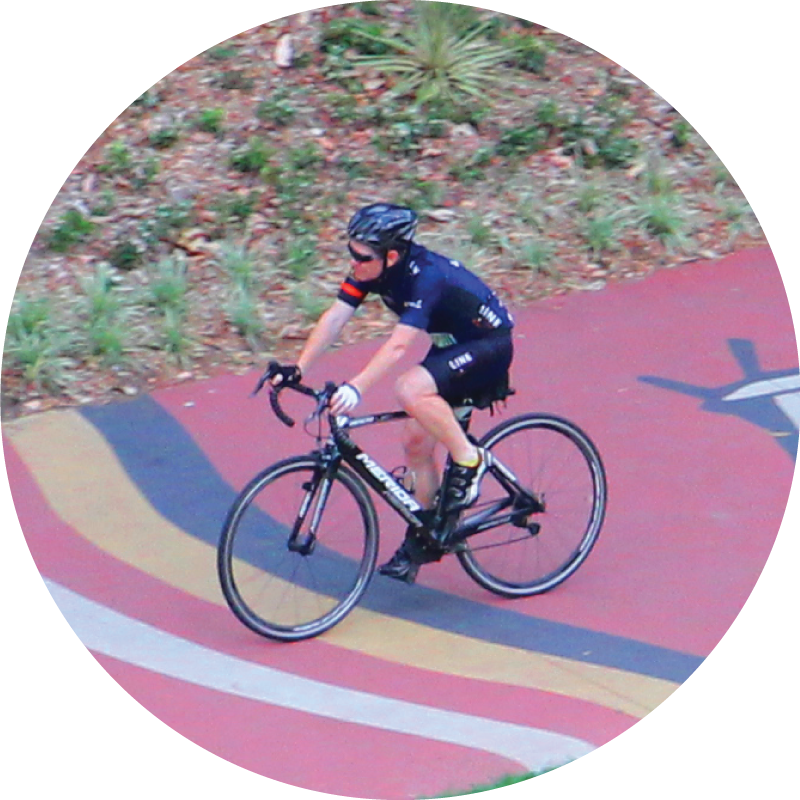
- This event has passed.
Transport and Accessibility Master Class, Sydney, 26th March 2025
A professional development event designed to help government make their neighbourhoods great
October 14, 2025 @ 9:00 am - 5:00 pm
$450.00 – $550.00
Transport and Accessibility
Master Class, Sydney
Sydney
9.00am – 5.00pm
Tuesday 14th October 2025
A small event of up to 30 participants, held in inner Sydney.
Morning, afternoon tea and lunch will be provided.
Local Council
In-house Event
Our Master Class can be conducted as an in-house event. This is usually held at Councils’ own offices.
Click here to register your interest.
General Information
Why transport is important for local government
Transport consistently rates as one of the most important issues for local communities. Local councils are responsible for managing 80% of Australia’s road network. This places local government at the forefront of transport challenges and a key driver for change.
Parking, congestion and safety are all common issues voiced to local government from the community. More broadly, the transport decisions made by local government have important consequences for sustainability, urban liveability, public health and productivity.
This Master Class ties these issues together and provides practical tools for Council staff and Councillors to help make informed decisions about the future of their communities.
Take a look at a short clip from a previous Transport Master Class.
Topics

Strategic transport planning: understanding the key principles
Understand practical theory and evidence based decision making to align transport outcomes with Council’s wider strategic ambition. This session provides a broad description on the benefits of sustainable mobility for communities and offers a practical guide for those seeking to create better transport choices for their community.

Car parking policy and management tools
Discover how parking management frameworks can help create consistent, effective decision making on car parking issues. Learn what best practice in parking management looks like and what other councils are doing to align parking with wider strategic planning objectives. Parking provision for new developments, paid parking and new technology are all covered.

Transport and climate change
Transport is the fastest growing source of emissions and Councils control 80% of the road network. Discover what local government can do to reduce transport emissions and help the community to lower their own transport emissions footprint. This session highlights the scale of the challenge of aligning transport emissions with climate change targets.

Electric vehicles, charging infrastructure and zero emission transport
Explore electric vehicle capabilities, fleet transition issues, charging infrastructure and practical policies local councils can use to enhance the efficiency of the fleet. This session covers types of charging infrastructure, where to put it, user costs, and transitioning Council’s fleet to zero emission vehicles. Following this session, participants will have a familiarity with EV trends, different vehicle types, charging technologies and effective policies to grow the contribution EVs can make to reducing emissions.

Disruptive transport innovation and how local government can benefit from new transport technology
Transport technology is changing fast, and this session provides an overview of emerging mobility platforms, including micro-mobility (e.g. e-scooters, bike share), shared mobility and last mile freight. We discuss how these emerging forms of transport can be used to assist Council lower car use. Presenters will also offer a critical analysis of autonomous vehicles, and discuss potential to enhance the sustainability of the transport system.

Creating a walking and cycling friendly city
Many Councils have committed to growing walking and cycling participation. We will describe the determinants of walking and cycling, provide case studies of best practice and offer practical options for Council to make walking and cycling more compelling options. Topics will include street design for sustainable mobility, bicycle infrastructure and parking, and safety considerations for active travel. Our presenters will also discuss the work we have performed for Melbourne councils and TfNSW on conducting demand forecasting and cost benefit analysis for bicycling infrastructure projects.

Why land use planning is critical to achieving a more sustainable transport system
It is often said that the best transport strategy is a land use strategy. This session uses Census and other data sources to describe the important influence land use planning (e.g. density, diversity of destinations) has on mobility choices. It highlights how the 20-minute neighbourhood is one of the most powerful tools available to local government to promote more sustainable travel choices.
Speakers

Dr Elliot Fishman
Director, Transport Innovation, Institute for Sensible Transport
Dr Fishman is ranked by Stanford University in the top 2% of scientists globally. He completed his PhD at the Centre for Accident Research and Road Safety and his Post Doc at Utrecht University in the Netherlands. He has advised the Prime Minister’s Office on sustainable mobility, as well as the OCED, the National Government of Singapore and many Councils and state governments.
In 2005 he founded the Institute for Sensible Transport where he is currently its Director. In this role he has undertaken work for the OECD, the National Government of Singapore, and advised the Australian Prime Minister’s Office on sustainable mobility policy. He has worked with dozens of local government on transport strategy as well as most state governments in Australia, through his role at the Institute.

Liam Davies
Associate Director, Institute for Sensible Transport
Liam is a technical research specialist, with a focus on applying analytical methods to transport challenges. He has developed many transport strategies for Council, including public and active transport network design, parking policies and Councillor workshops. He is also the Institute’s modeller and emissions auditing lead.
Venue
University of Sydney
Cullen Room
University Pl, The University of Sydney NSW 2050
9.00am – 5.00pm
Tuesday 14th October 2025
Cancellation policy: A full refund is available for cancellations made in writing and received 30 days prior to the Master Class. The Institute for Sensible Transport reserves the right to cancel or postpone the event, and will provide any registered participants the opportunity for a full refund.
